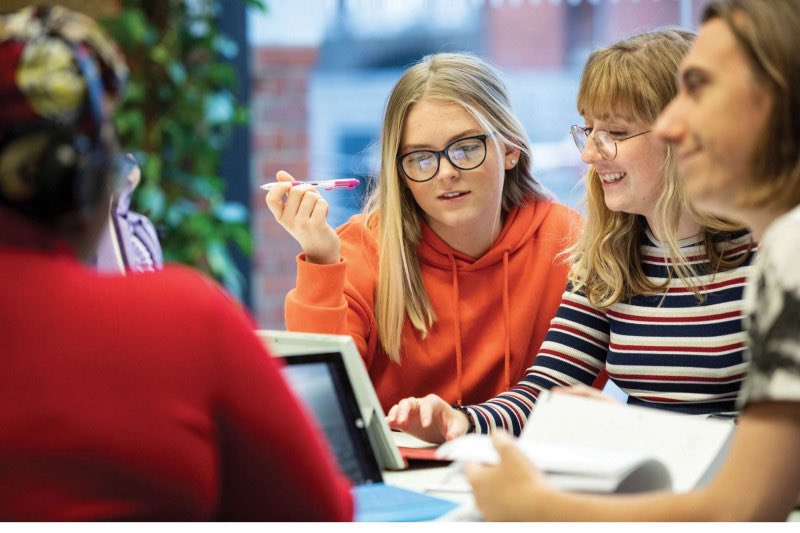In order to highlight the significance of a transcultural perspective in a rapidly changing world, the University of Kent’s Department of Modern Languages is running a summer webinar series.
Mon 27 July, 16.30-17.30: The Strange Making of Modern Germany
Dr Ian Cooper
This webinar considers the ways in which German society at the beginning of the modern period (around 1750) differed fundamentally from those of other European countries, and how this uniqueness had a profound effect on subsequent German history and culture. One strange consequence, which the webinar will discuss, is that while many of the main features of ‘modern’ society came late to Germany, German philosophers and writers from 1800 onwards provided intellectual and imaginative answers to the question ‘what does it mean to be modern?’ which are still widely drawn on today. Added to this, and for reasons the webinar will touch on, Germany’s full entry into modernity in the twentieth century was violent and traumatic.
Book via Zoom
Mon 10 August, 18.00-19.00: Surviving Crisis – Cuba in the ‘Special Period’
Dr William Rowlandson
Following the collapse of the Soviet Union in 1989, Cuba underwent a rapid and profound economic collapse, with consequent material shortages, hunger and malnutrition. This time of collapse was termed by Fidel Castro ‘the Special Period in times of peace.’ Promptly Cuban people, often without state approval, and at times against the law, initiated projects, strategies and activities to provide the basic requirements for living, in particular, urban organic agriculture, local markets and street kitchens.
In this workshop, we will discuss the notion of collapse and ‘peak oil,’ and consider the implications of sudden material privations. We will evaluate these Cuban initiatives and consider in what ways they may be considered sustainable, in what ways they proved effective at overcoming the shortages, and how, in the end, they have proved beneficial to Cuban society.
Book via Zoom
Mon 17 August, 18.00-19.00: Does French spelling need a make-over?
Dr David Hornsby
If you’ve ever worried about your French spelling, don’t worry: you’re in good company! Even native French speakers find spelling incredibly complex, which is a serious problem for a culture which sees the written rather than the spoken language as the embodiment of ‘good’ French. This is because, over time, written and spoken French have drifted apart to the point where some linguists consider them separate languages. In this session we’ll ask how and why this has happened, and what might be done about it, while offering some tips for handling the thornier spelling problems. Whether your French is beginner’s level or you’re a native speaker, do join us online!
Book via Zoom.
Mon 24 August, 18.00-19.00: Creating new nations in South America 1808-1830
Professor Natalia Sobrevilla Perea
This webinar will cover the process through which nations emerged in the territories of the Spanish and Portuguese monarchy in South America. Why was it that Brazil remained a united country while the former Spanish colonies splintered into many different nations. What was the impact of previous revolutionary movements such as the American, French and Haitian revolutions in the process and how were the new nations shaped by war.
Book via Zoom.
Mon 7 September, 18.00-19.00: How to read a photograph. What can pictures tell us about languages and cultures?
Dr Alvise Sforza Tarabochia
Photographs and images are everywhere. The level of our exposure to images is unprecedented. I wake up, have my coffee, check my phone and between social networks, emails and newspapers I might have been exposed to 20 different images. By the end of the day, not counting individual frames of films or videos I might have watched, I’ll have been exposed to hundreds of still images. Two hundred years ago, before the invention of photography one’s exposure to images might have been less than a hundred over the course of a lifetime. The popularisation of photography meant that culture was no longer primarily grounded in words, written or oral. It was the dawn of visual culture. To read a photograph and to acquire visual literacy means to be able to piece together atoms of visual information in order to give meaning to it, to grasp its narrative, understand the context that produced it and the culture to which it contributes. This webinar will introduce the basics of visual analysis using as examples Italian photographs and the cultural context in which they were produced and circulated.
Book via Zoom.

